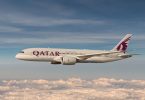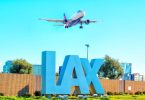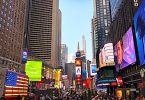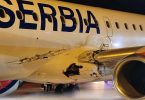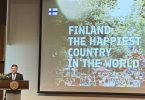Possible solutions and consequences
Unless air travel security can be both streamlined and rationalized, the tourism industry will be hurt. At some point, leisure travelers will simply decide that flying is too difficult, and the results will be that vacations will become limited to areas within a day’s driving distance.
Added technology will also increase the cost of air travel to the point that the cost of flying may make air tickets prohibitive. To solve this dilemma, it may be necessary to concentrate on the people who may threaten visitor security rather than on the objects that may cause harm. That means better-trained personnel. These people might need to employ more sophisticated psychological methods to help to determine who may be a threat to air travel.
- Hotel safety and security
It is safe to say that 21 years after 9/11, minimal security updates have taken place at many large hotels. On the other hand, major sanitation updates have occurred. On the positive side, some hotels have taken the step of increased training; others have added additional security cameras (passive protections), and still others have begun to develop methodologies to protect both the loading areas and the food delivery services.
Finally, in some cases, there is some form of employee background checks;. Cities such as Las Vegas have done a good job not only with hotel employee background checks but also in integrating private and public security agencies. On the negative side, there is often no check of baggage; too many employees have no background checks and security departments, when they exist at all, are often poorly trained, paid, and utilized.
Many hotel mangers still use an outdated model and believe that their security forces add nothing to their bottom line. The brightest spot in the hotel industry is the attention that it has paid to the pandemic, the cleaning and sanitizing of rooms, and the constant testing of hotel employees. - Restaurants
Restaurants and catering services for the most part acted as if 9/11 never happened. The same cannot be said of the 2020 pandemic. Restaurants have made major health improvements and almost re-invented themselves. Unfortunately, the restaurant industry has suffered more than most parts of tourism as it tries to deal with multiple government changes and often nonsensical policies.
It is not clear how many restaurants will face bankruptcy due to COVID-19 restrictions, and when the pandemic finally ends, how many restaurants might have closed their doors forever. - Things to think about
Technologies do not save people; good people save people. This is an essential principle of tourism surety (security plus safety). The public is only as safe as the caring and concern of the people who protect them.
If security personnel (both private and public) care, and most do, then levels of protection increase. If, on the other hand, security personnel are only doing a job and do not see their work as a vocation, then even the best equipment in the world will be thwarted. - Money does not solve everything
Over the last twenty years, we have seen that those seeking to harm the travel and tourism industries have found ways to use creative and often unexpected tactics to attack the tourism industry. Thinking out of the box is essential for good tourism security. A good example of such creative thinking is the use of clam diggers around Boston (Massachusetts’) Logan airport. These people are always watching the runways and many were deputized and are now used as an additional level of airport security. - Make sure that your security personnel takes care of themselves
Security is a high-stress job, and personnel need to take extra health precautions. Security personnel who work too many hours per day tend to miss important clues. Security personnel should not only have regular medical and dental check-ups but meet with nutritionists to ensure proper eating habits. - Customer service
The best security is provided when there is a corporate culture based on customer service. When security personnel are arrogant and uncaring, tourism security suffers. These are people who are doing more than protecting the public; they are tourism’s first line of defense and often the persons who can either prevent or transform a tragedy.
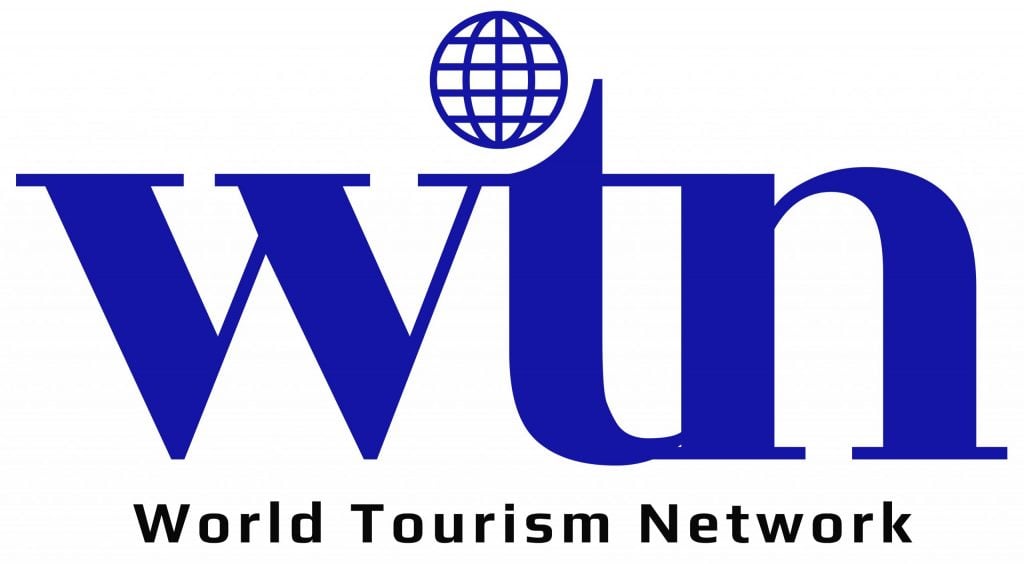
The World Tourism Network has been working with tourism professionals in both the private and public sector in 128 countries in its rebuilding.travel discussion.
More information on WTN including membership options at www.wtn.travel





